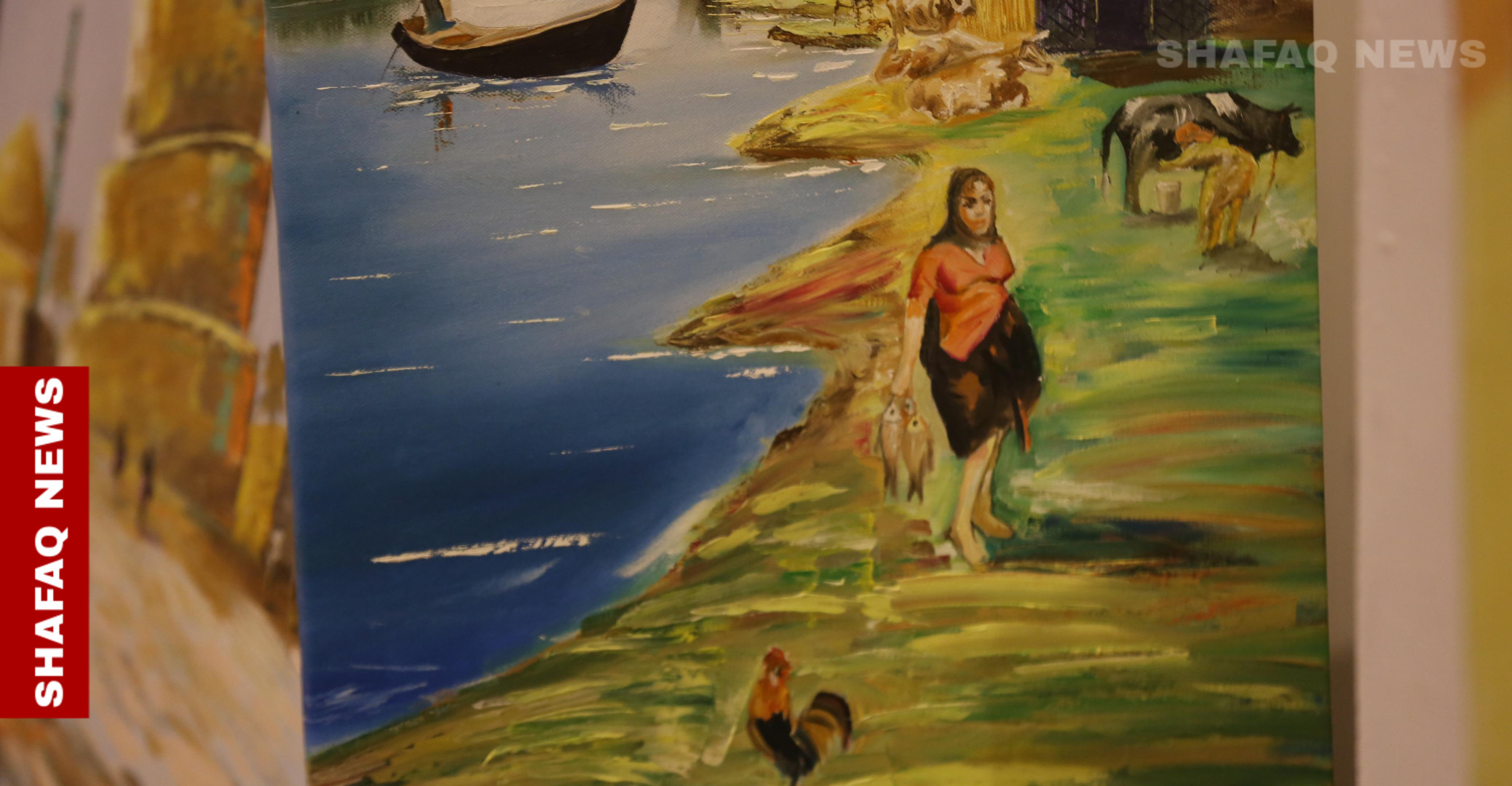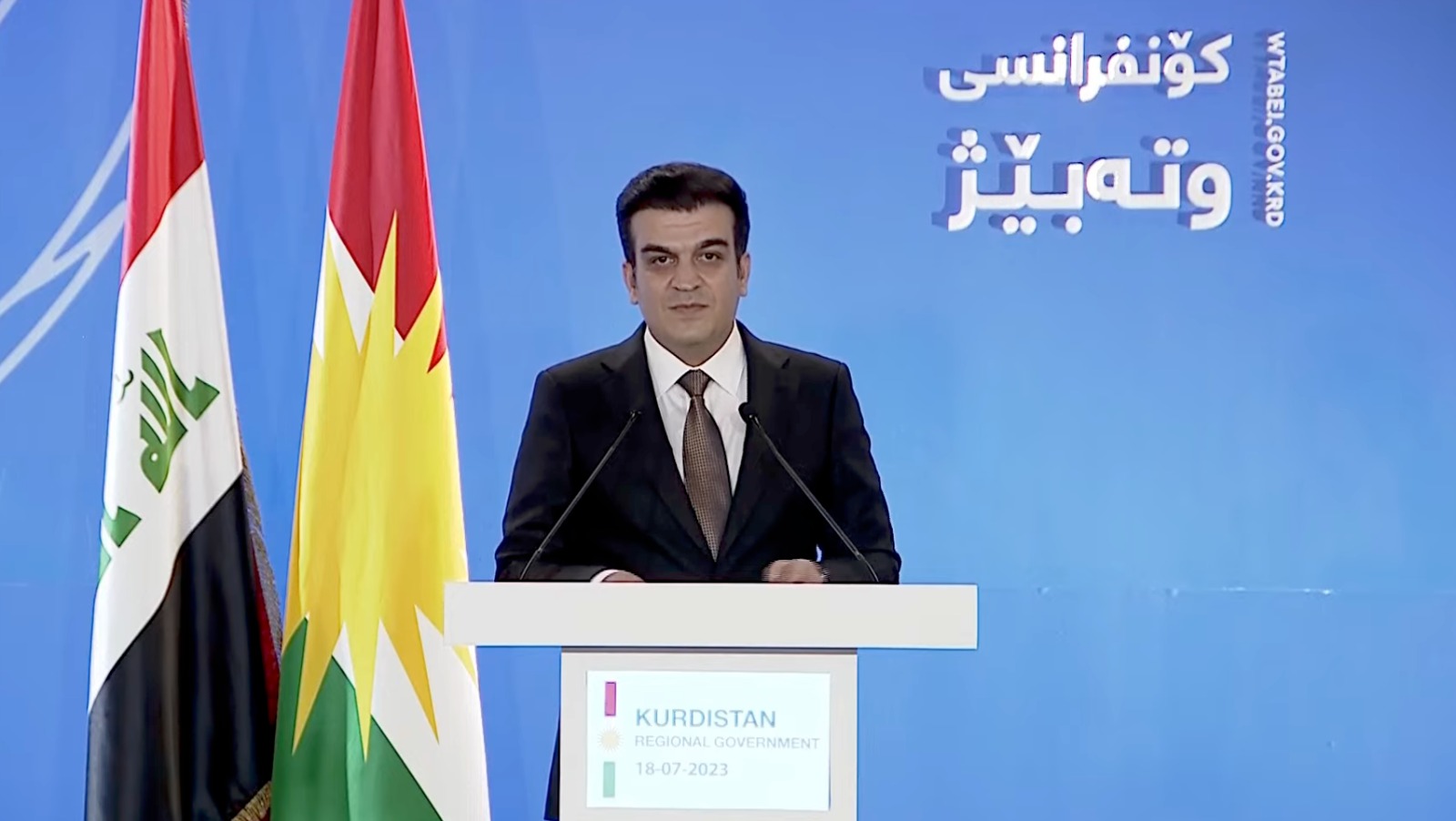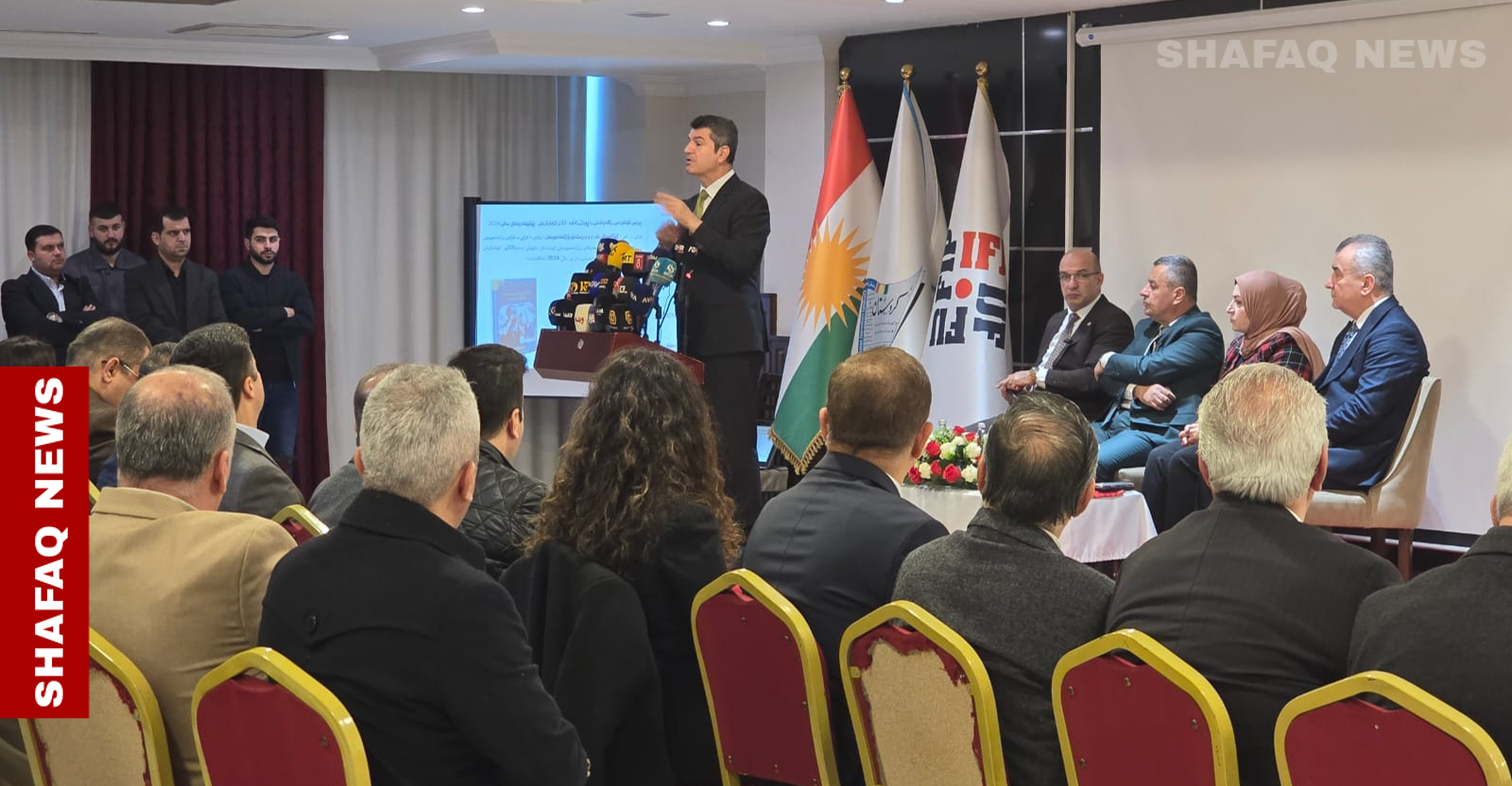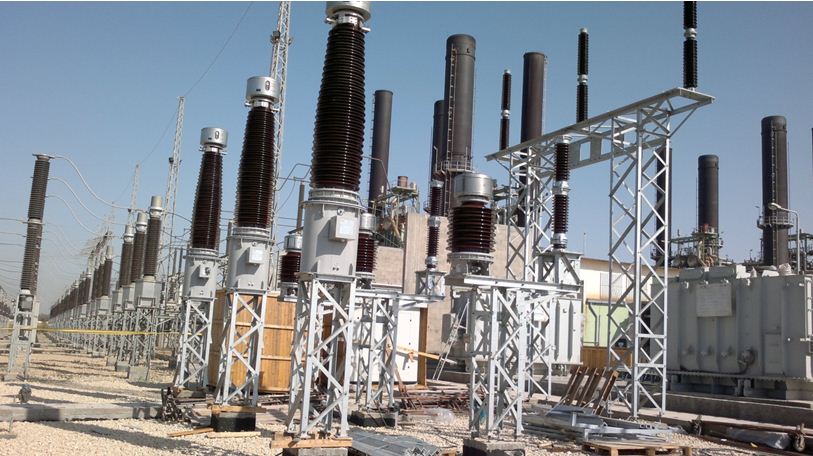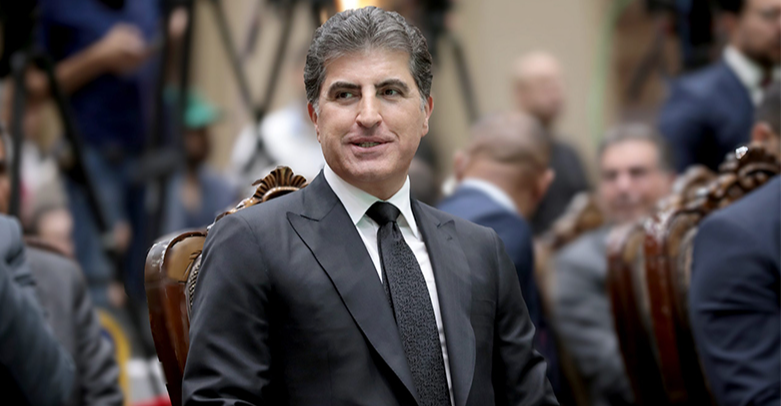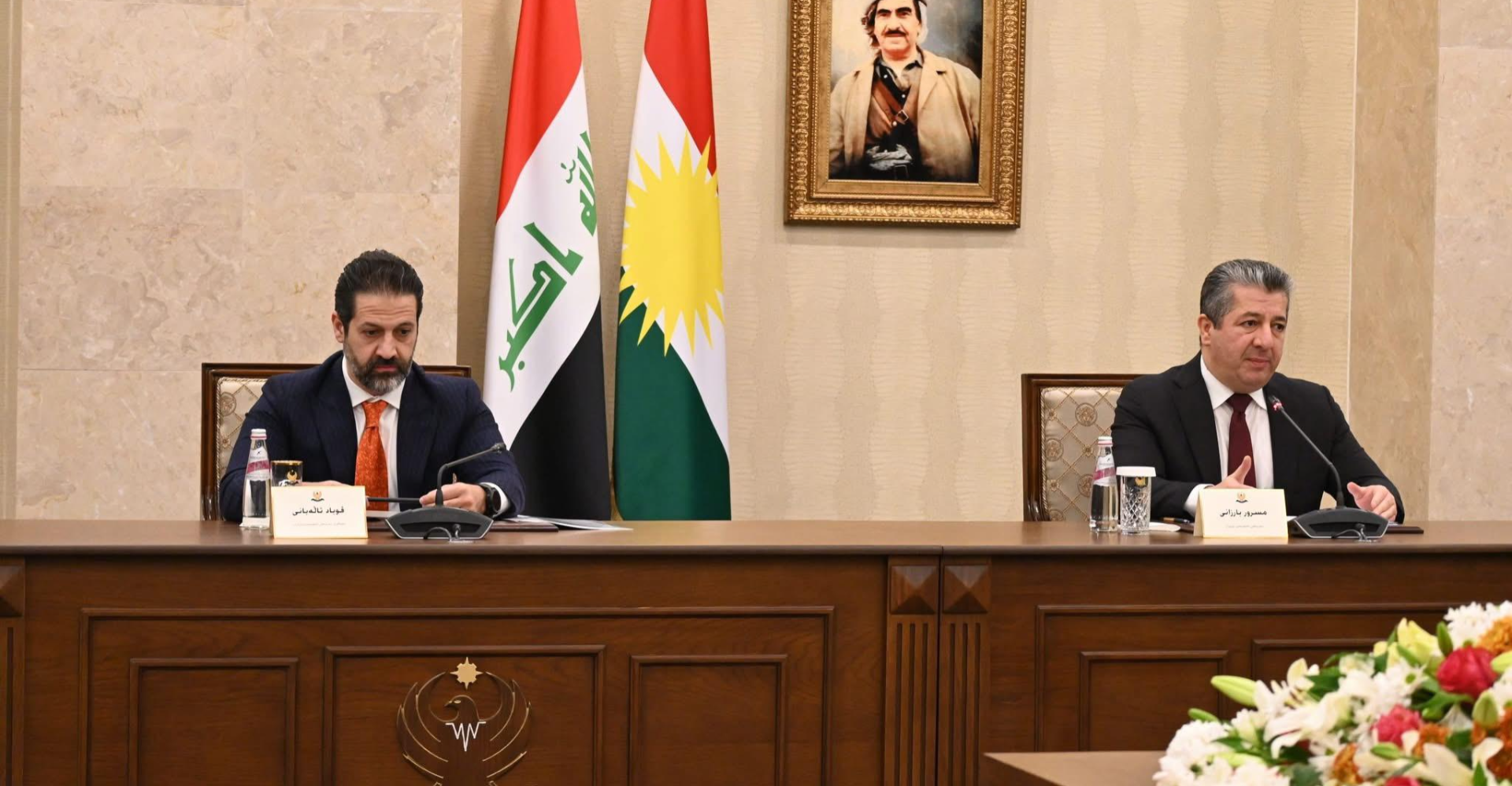Hoping for rainfall: Hundreds in Kurdistan’s Erbil perform Rain Prayer
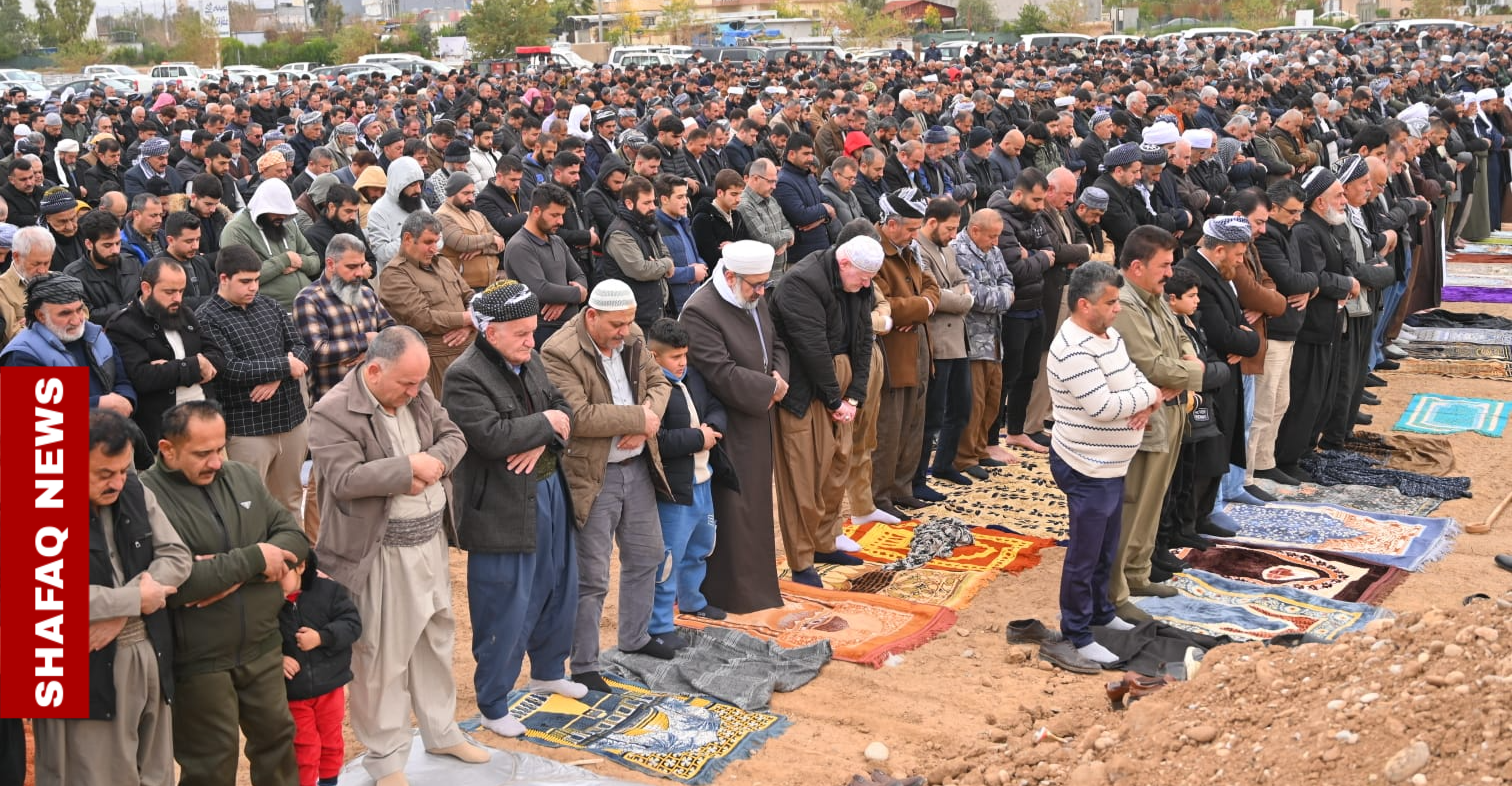
Shafaq News/ Hundreds of residentsin Erbil, the capital of the Kurdistan Region, performed the Rain Prayer onSaturday, hoping for rainfall after its delay despite the cold winter weather.
Notably, the Rain Prayer (Salatal-Istisqaa) is an Islamic prayer performed to request rain from God duringtimes of drought or when rainfall is delayed.
Shafaq News' camera captured momentsfrom the prayer, documenting the scene of worshippers in an open square in thecity center.
A few days ago, hundreds ofresidents in Nineveh province, northern Iraq, also performed the same prayer,pleading with God for rain to protect their crops and livestock from damage.
Water Crisis in Iraq
Iraq has faced a water crisis forseveral years, but the situation has worsened in the past four years, withwater levels falling to unprecedented lows due to the ongoing regional drought.
The December 2024 StandardizedPrecipitation Index (SPI) for the Middle East recently revealed that allregions of Iraq are experiencing “severe drought,” with levels ranging between1.6-1.8 above the normal threshold.
Several issues, including poor watermanagement, climate change, and reduced supply from Turkiye and Iran, haveworsened Iraq's water crisis. UN data shows 90% of Iraq's rivers are polluted,and by 2035, the country is expected to meet only 15% of its water needs.
In response, the Iraqi Ministry ofWater Resources signed in August 2024 a contract with a coalition of Italy'sHydro Nova and Jordan's Concorde companies to ensure a sustainable waterfuture, develop irrigation systems, and address the impacts of climate changeon rivers.
In July 2024, the United Nations inIraq, in collaboration with the Ministry of Water Resources, launched the"Water is Life" campaign to address Iraq’s severe water crisis.According to the UN, the campaign will unfold in four phases throughout 2025.The first phase focuses on raising awareness about the water crisis and theeffects of climate change. The next phase will introduce the key players inwater resource management in Iraq, promoting responsibility and cooperation.
In the third phase, the campaignwill highlight ongoing projects and efforts by the Iraqi government and UNagencies, showcasing successes and current initiatives. The final phase willfocus on future plans and strategies to address the water crisis, emphasizingIraq’s role in international forums and efforts to secure support and fundingfor water projects.
Despite these efforts, water expertTahseen Al-Moussawi argued that Iraq has not yet reached strategic solutions.

